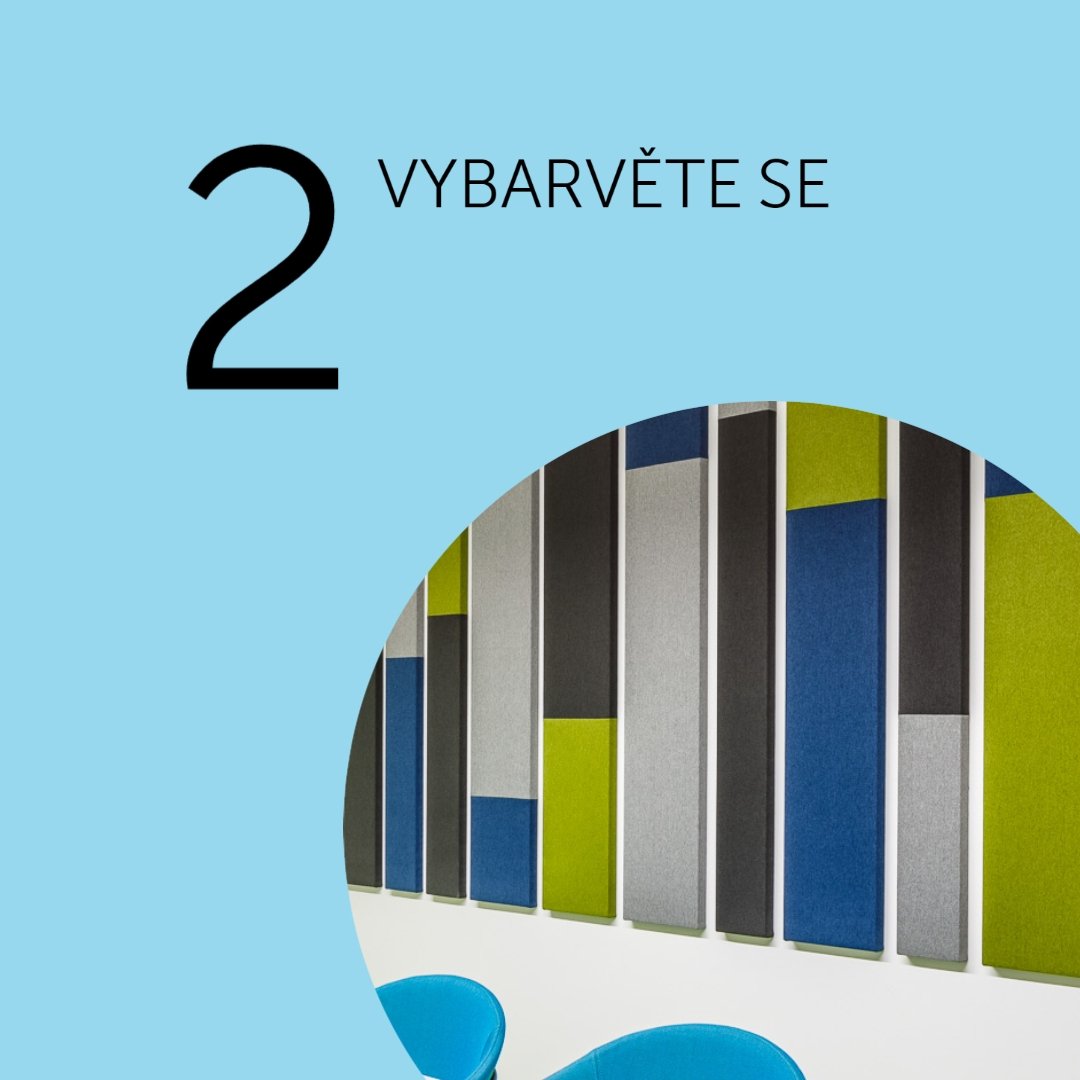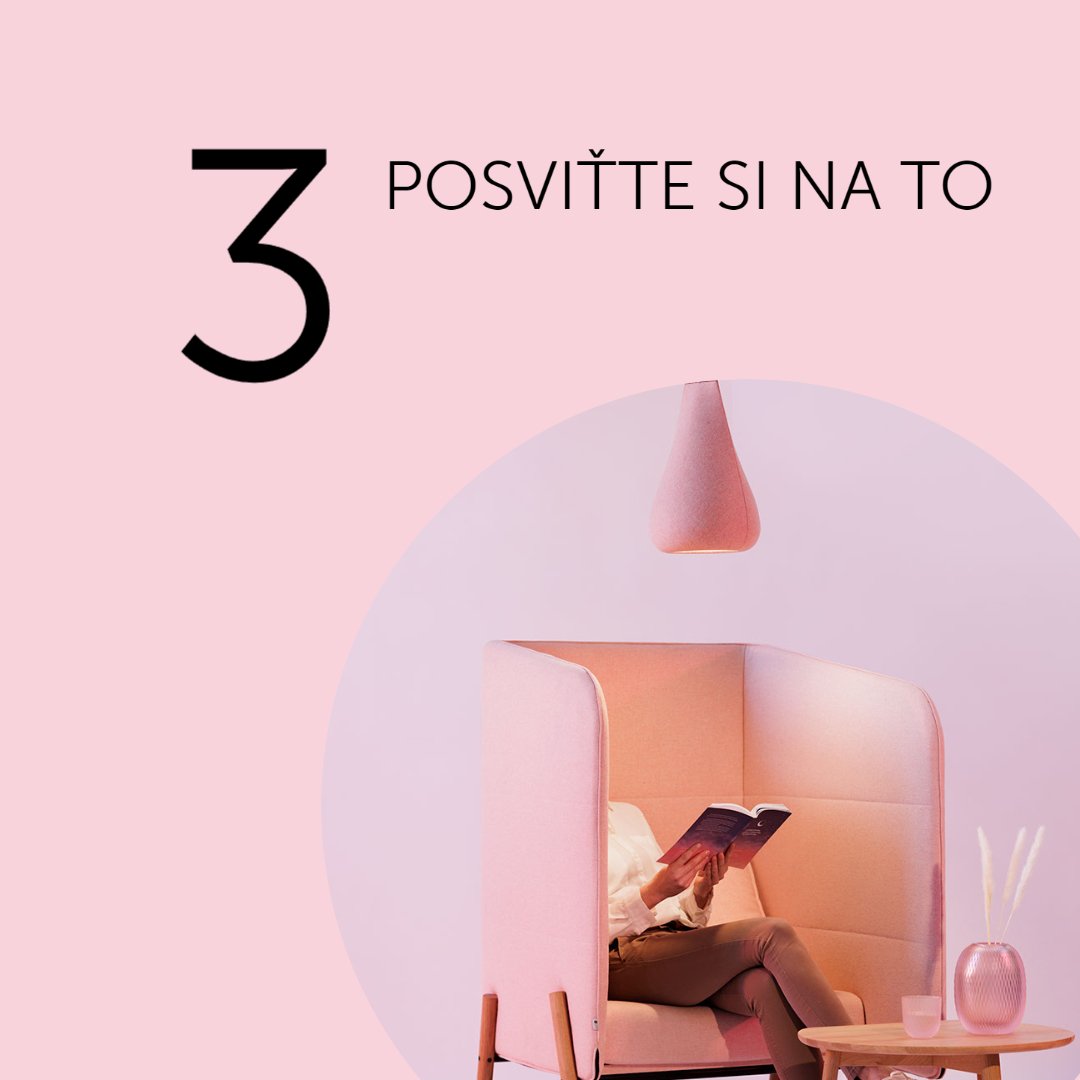Productive work environments tend to be a topic that is currently driving the office world. But it’s not such an easy discipline. After all, every office is made up of many different elements that affect each of us a little differently. At the same time, these details alone won’t bring us salvation; what matters is how the workplace affects us as a whole. So where to start?



1. SILENCE ABOVE ALL
Smaller, enclosed office spaces are increasingly popular with employees, but the opposite is true for employers. Companies prefer large open spaces where noise often accumulates and it is impossible to work quietly and efficiently. The solution is MICROOFFICE® acoustic meeting rooms, which can be placed in office spaces, even in logistics halls, without any structural modifications. The meeting rooms provide the user with the necessary privacy and silence to work, or serve as a place for an undisturbed online meeting in the comfort of your office.
2. EMBRACE THE COLOURS
The use of colour in interior design is a complex subject. If you have a clear concept and a flair for mixing and matching, you can do a lot to keep your employees happy, but otherwise you can do a lot of damage. In general, warm colours are stimulating, cool colours encourage passivity and dark colours are calming. The ideal is to combine no more than three colours and, as a rule, you can’t go wrong with white.
3. LIGHT ON IT
Another key factor is light. A well-lit room with plenty of windows is ideal for computer work, also for ventilation. But what if there aren’t enough windows? Install lighting that mimics natural lighting as closely as possible. Today, there is a special type of lighting that mimics natural daylight, so you can feel like you’re in the open air. But more about pro-cognitive lighting next time.
